Reset your bedroom for a week of better sleep with this 10 minute Sunday routine
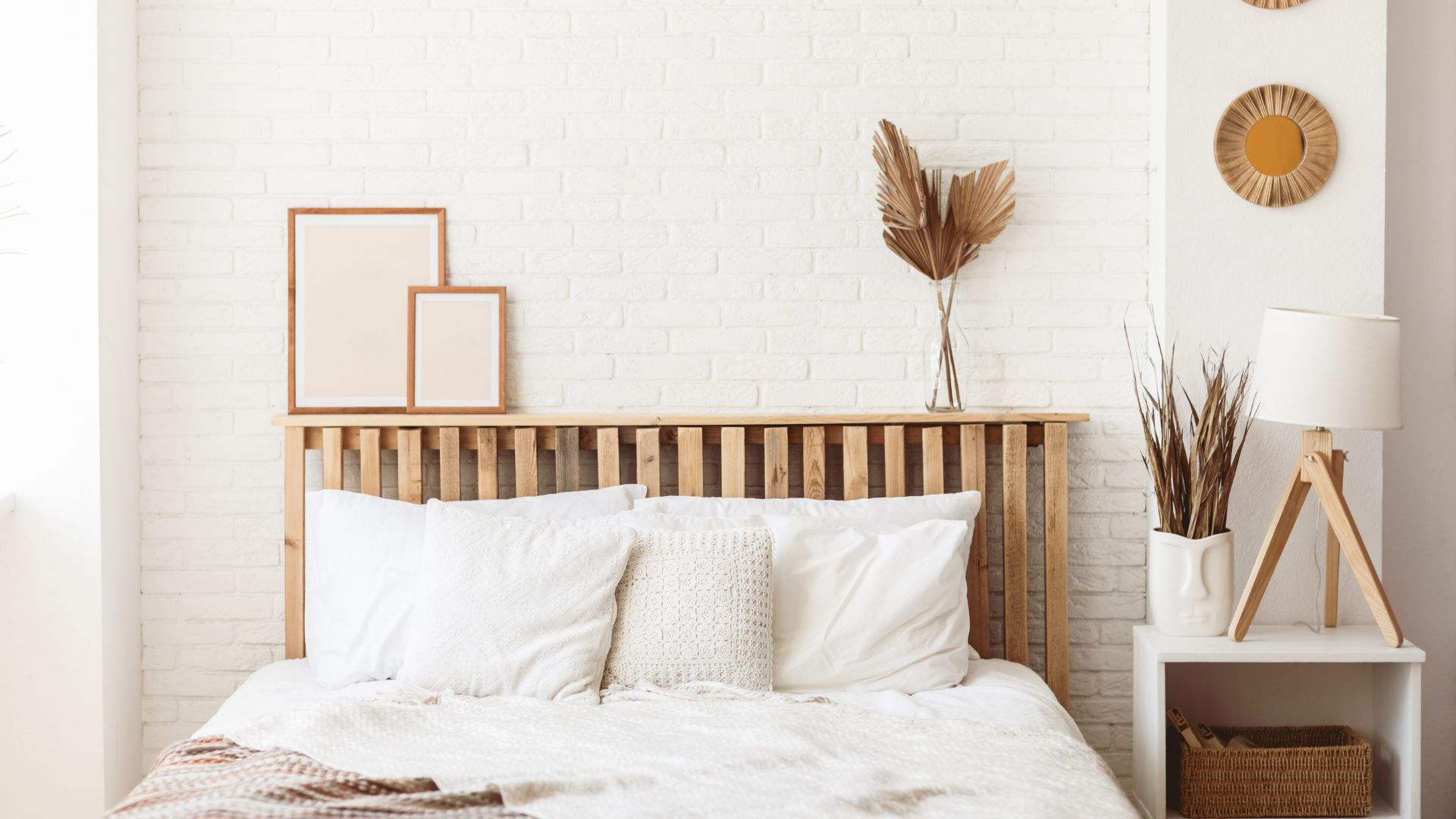
If you feel a sense of dread and anxiety as weekend draws to a close each week, you’re probably among the 75% of Americans who experience the ‘Sunday Scaries.’
The ‘Sunday Scaries’ are a type of anticipatory anxiety that happens in advance of the working week ahead, and can manifest itself as headaches, sweating, a racing heartbeat and difficulty sleeping.
A poor night’s sleep on Sunday means you may start to the week having trouble concentrating, issues with memory and low mood, all consequences of not getting enough rest.
Fortunately, we’re here to help with a bedroom reset you can do to improve your chances of beating these end-of-weekend ‘Scaries’ and getting a great sleep Sunday and throughout the week.
After all, making sure your bedroom is conducive to sleep is a key element of sleep hygiene. The best news is that it shouldn’t take more than 10 minutes in total. Read on for routine you can action from this Sunday night…
The 10-minute bedroom reset for better sleep
1. Declutter
Unfortunately, a cluttered room is not likely to be good for your mental well-being. Clutter can our affect our sleep and leave us with feelings of stress, anxiety and depression.
Visual clutter is directly linked to increased stress and anxiety
“Visual clutter is directly linked to increased stress and anxiety. Clutter serves as a constant reminder of unfinished tasks making it hard for the brain to fully shut down at night,” Dr. Leah Kaylor previously told us.
Obviously we’re not suggesting a full bedroom refresh right before you go to sleep , but why not try out the 1% rule if you don’t keep your bedroom neat and tidy at all times (and let’s face it, who does?!). It involves making improvements daily, but in tiny increments.
Some quick, simple ways to give it a go in your bedroom might be spending five minutes on putting all your dirty clothes into the laundry basket, tidying away obvious clutter from surfaces and/or throwing away any trash lying around.
Lay out what you need for the next day
This tip naturally leads on from the one above, in the sense that organizing is essentially the opposite of cluttering!
Laying out the clothes and any other items (such as shoes, bag, glasses), only takes a few minutes, but adding it to your nighttime routine — a series of calming activities that helps prepare your mind and body for sleep — is going to help you feel mentally prepared for the day ahead.
And knowing you’ve already ticked off a Monday task ahead of time may help reduce any Sunday Scaries anxiety.
An added bonus is that the more you incorporate this into your pre-bed routine, eventually you’re likely to associate it with sleep.
“If you’re doing the same things, it could be a certain smell or reading a book in bed or you have the same snuggly pillow in bed, those things just help to signal to your brain because they’re associated with repeatedly – this happens, then sleep happens,” Dr. Lindsay Browning previously explained to us.
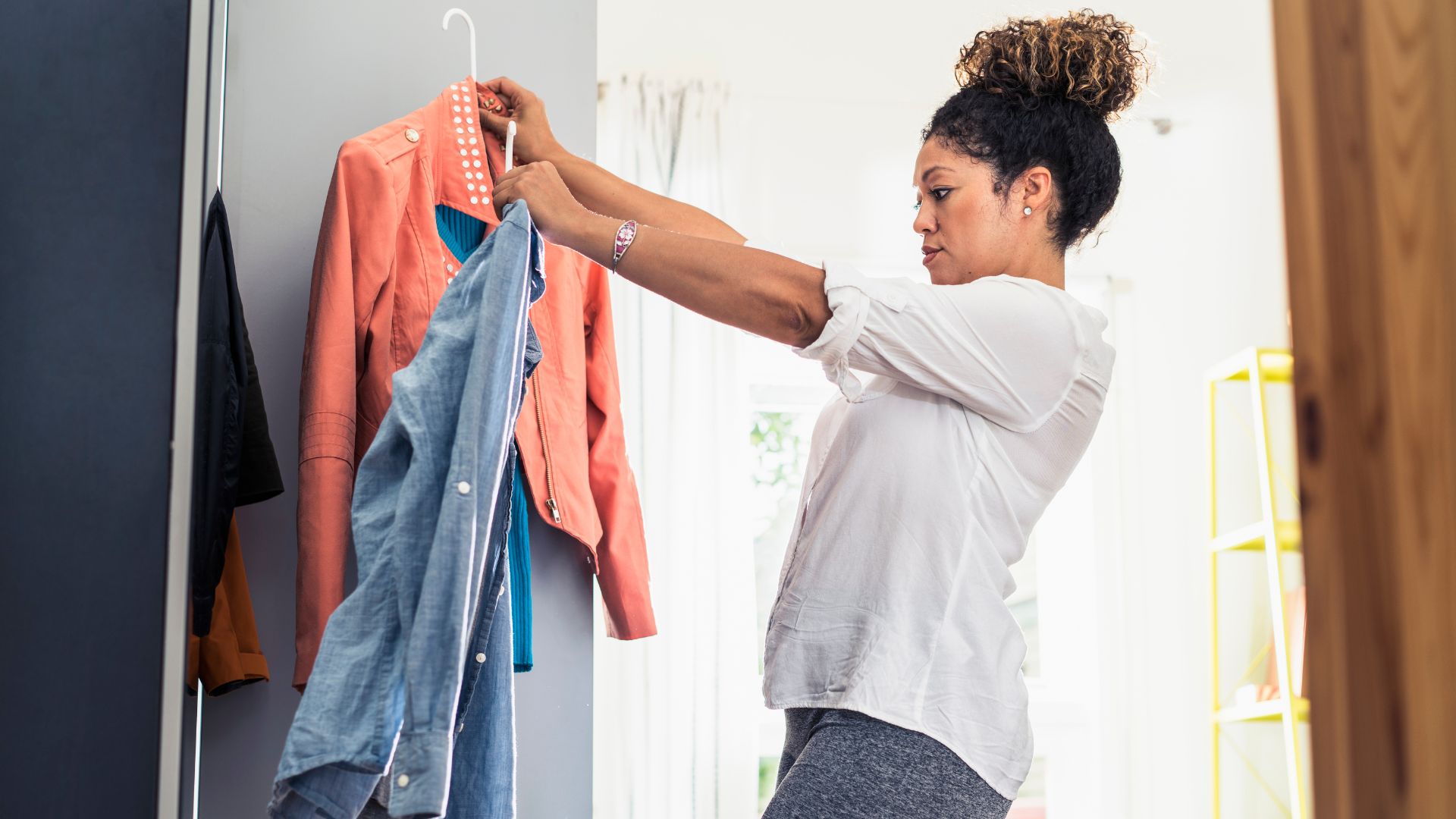
Swap your summer comforter for a cozy fall blanket
As the seasons change, you may be switching from your light summer comforter to a more snuggly fall blanket. If so, a weighted blanket is a good choice to combat any Sunday night anxiety and keep you feeling cozy.
54.7% of participants reported feeling less anxious and stressed while using this weighted blanket
On their website, Gravity cite an independent study of 1,000 found that 54.7% of participants reported feeling less anxious and stressed while using this weighted blanket.
While you’ll need to purchase one ahead of a Sunday night, switching blankets should take a matter of seconds!
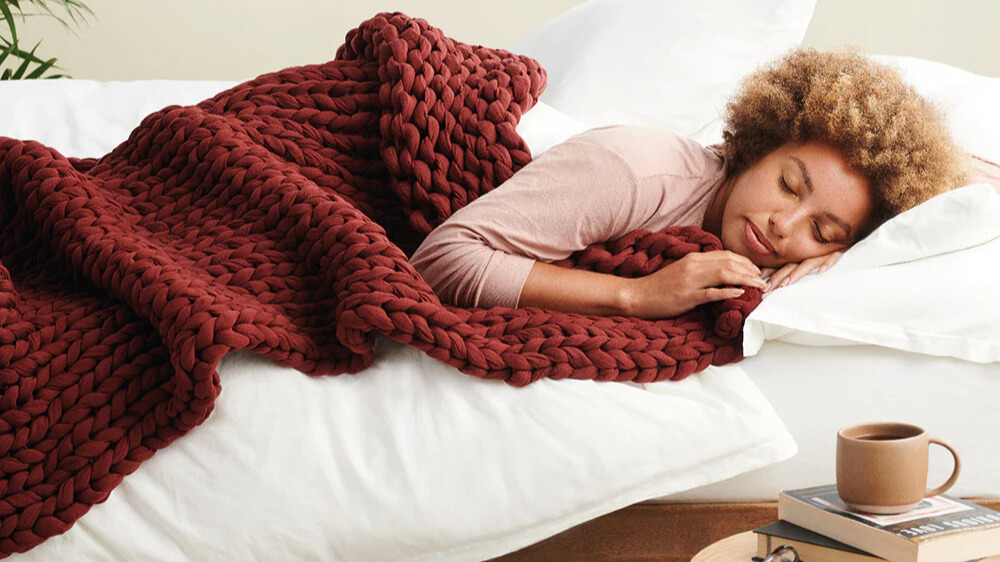
Dim the lights
When it comes to relaxing and getting to sleep, a brightly lit room is not your friend. A survey last year of 2,000 people saw 57% report that excess light disrupts their sleep.
Darkness triggers the production of melatonin, the hormone which helps us feel sleepy at night, but too much light at night can disrupt that, and our circadian rhythm (our internal body clock).
One way to help your body and mind move in the direction of sleep is to start the process of dimming the lights in your house — including your bedroom — 30 minutes before you plan to sleep (which you can time to include in this 10 minute routine!).
If you don’t have a dimmer switch in your bedroom, turning off the main light and opting for lamps, or even a sunrise alarm clock with a sunset function like the Hatch Restore 3. Again, this will take just a few seconds!
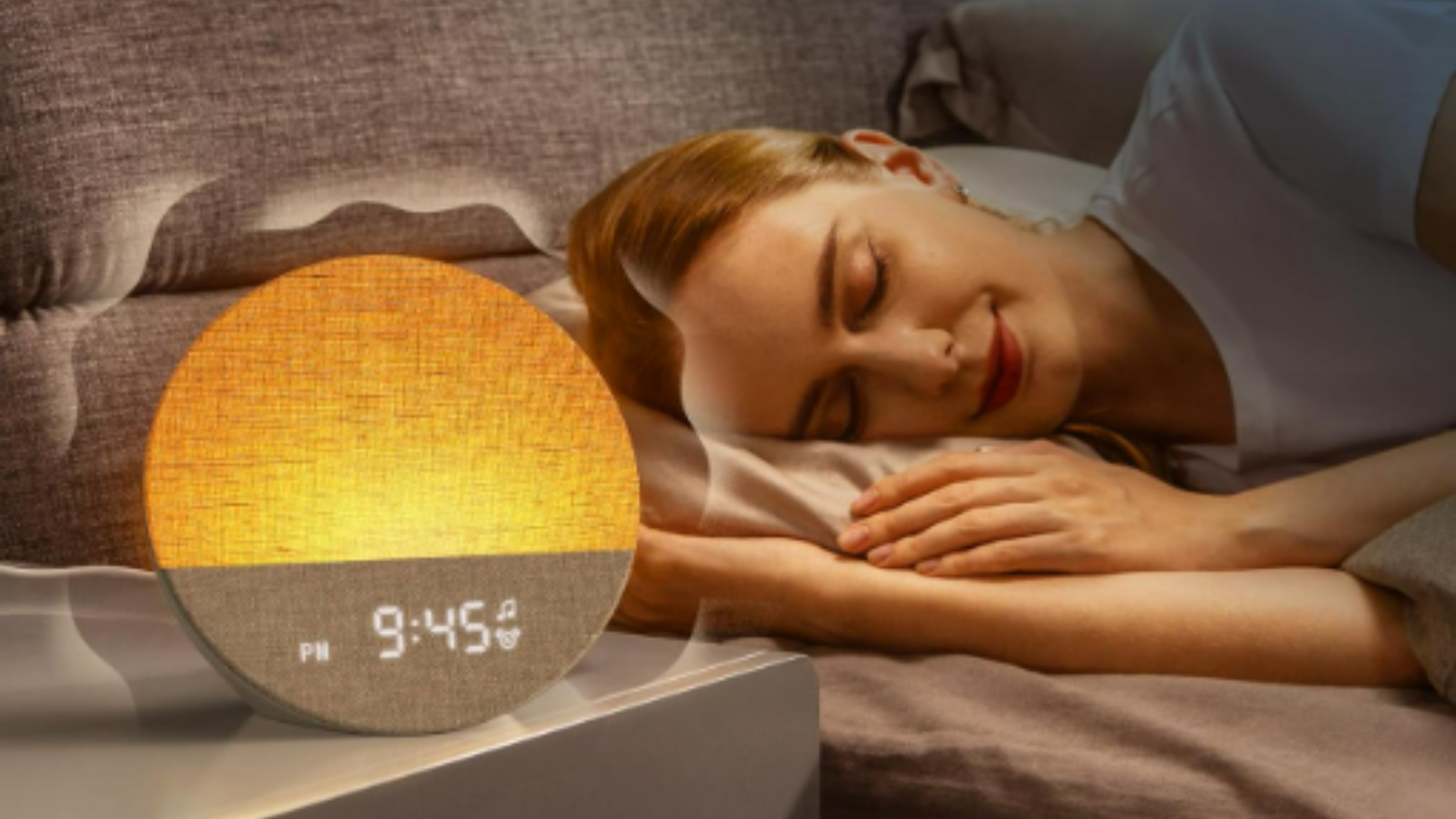
Spritz your bedding with a calming pillow spray
Our Senior Sleep Staff Writer swears by a pillow mist to help her fall asleep fast. These mists, or sprays, typically include essential oils such as lavender, and as such, are an easy way to incorporate aromatherapy into your nighttime routine.
One study found that inhaling lavender essential oil improved sleep quality and lowered anxiety, while a review of 30 studies concluded that aromatherapy “improves sleep quality and reduces stress, pain, anxiety, depression, and fatigue in adults and elderly people.”
The trick, according to my colleague, is to spray lightly over your pillow, rather than dousing every inch of the fabric.
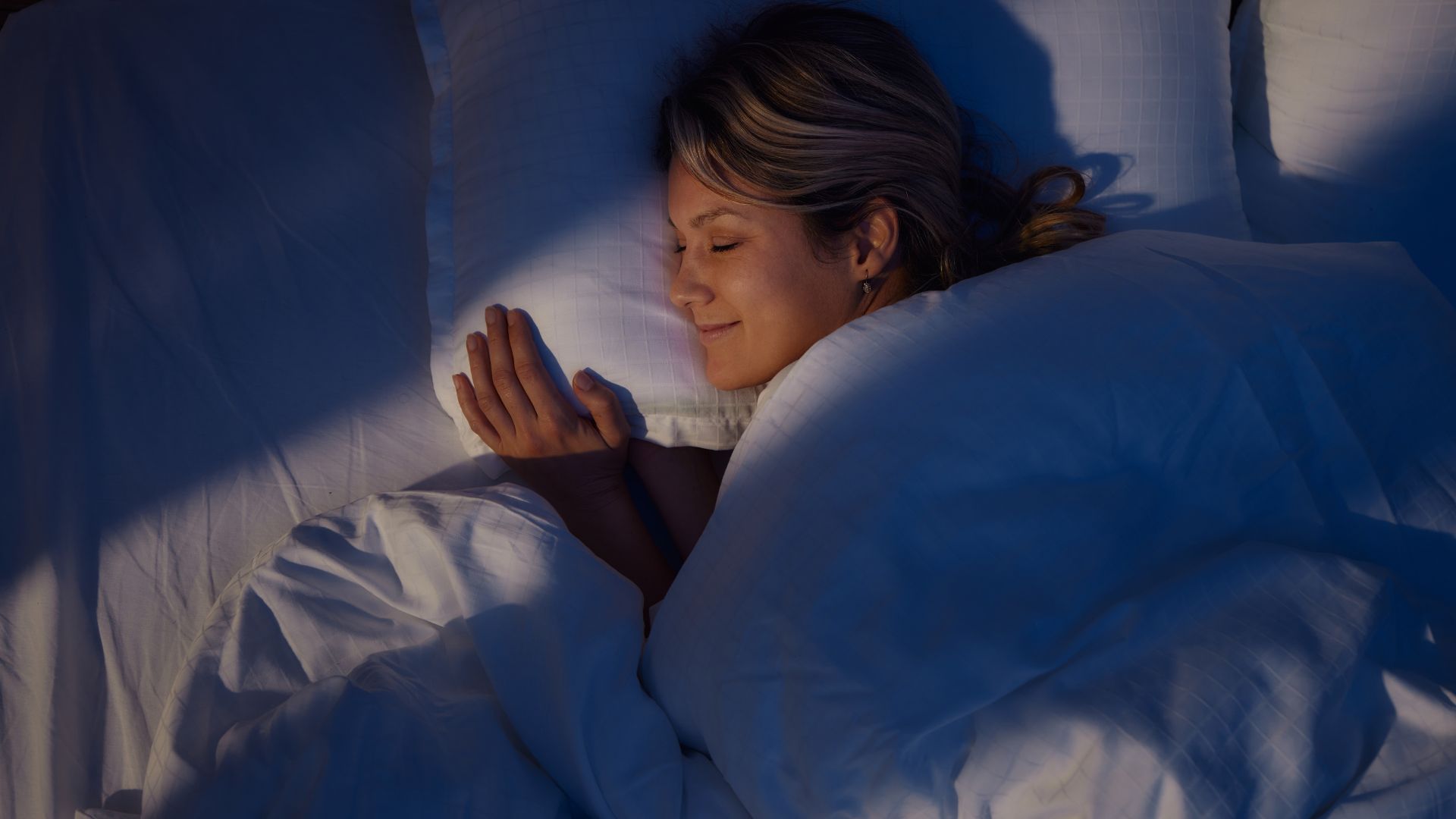
Tips to fall asleep fast on Sunday night
Breathing exercises
Breath work is a great way to refocus away from distractions that keep us from falling asleep
“Breath work is a great way to refocus away from distractions that keep us from falling asleep,” Dreem Health medical director Dr. William Lu previously told us.
There are a variety of expert-approved breathing exercises you can try on a Sunday night to calm your body and mind, including the 4-7-8 method. This is where you inhale through your nose for 4 seconds, hold the breath for 7 seconds and then inhale through your mouth for 8 seconds, repeating this cycle 3-4 times.
Other methods you might want to consider to help you relax and fall asleep more swiftly include moon breathing and resonance frequency breathing.
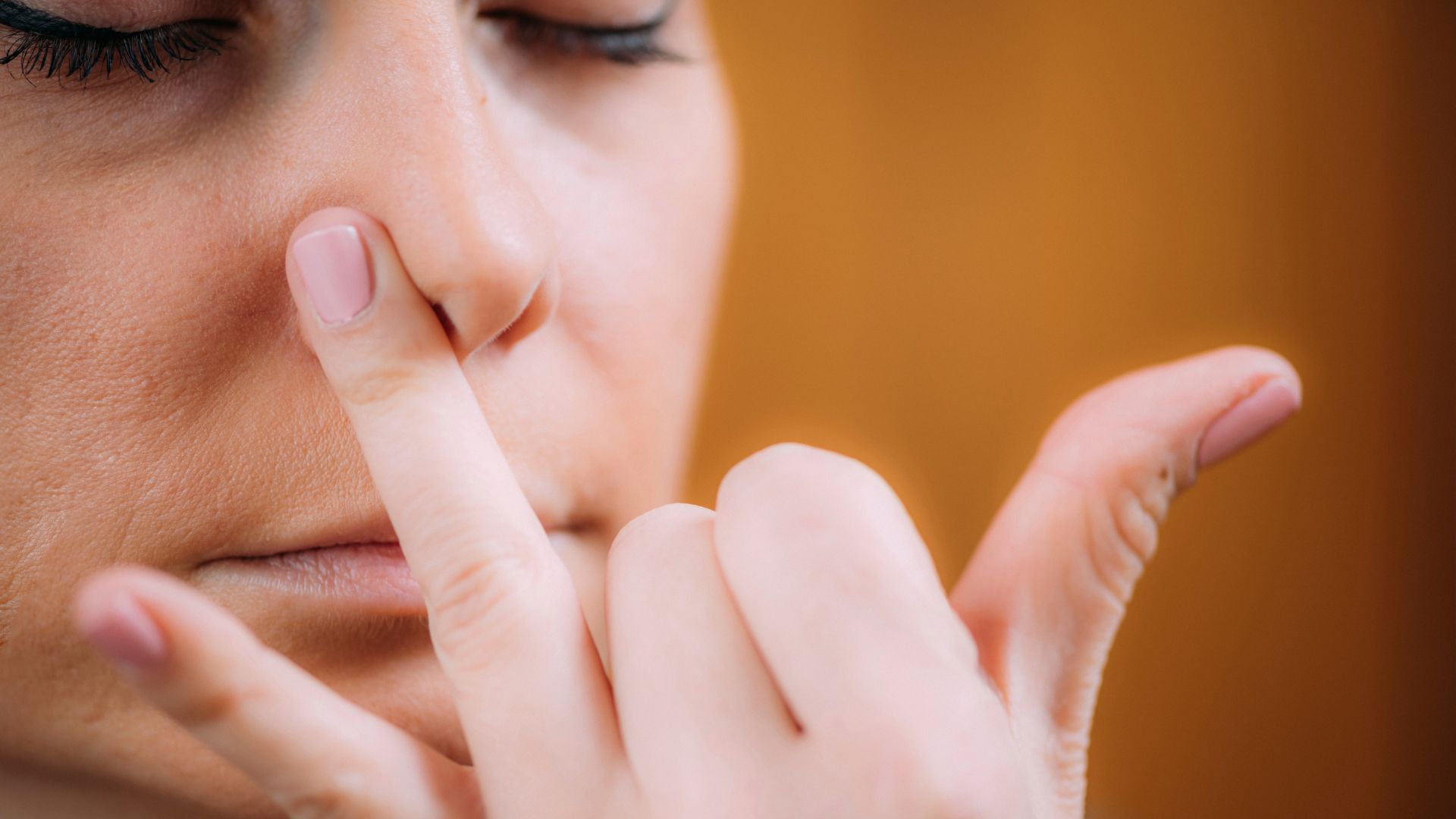
Cognitive shuffling
If you’re experiencing racing thoughts on a Sunday night, cognitive shuffling may help, as it’s a technique that essentially scrambles your thoughts so your brain stops trying to make sense of them. An easy way to try it is to think of a word, and then list random objects that begin with each letter, working your way through the whole word:
B: Band, bog, biscuit
E: Ear, egg, embers
A: Astronaut, apple, alligator
R: Rainbow, root, regiment
Our sleep features editor uses cognitive shuffling to fall asleep fast, and you can find out more about how to practice this method and how it works here.
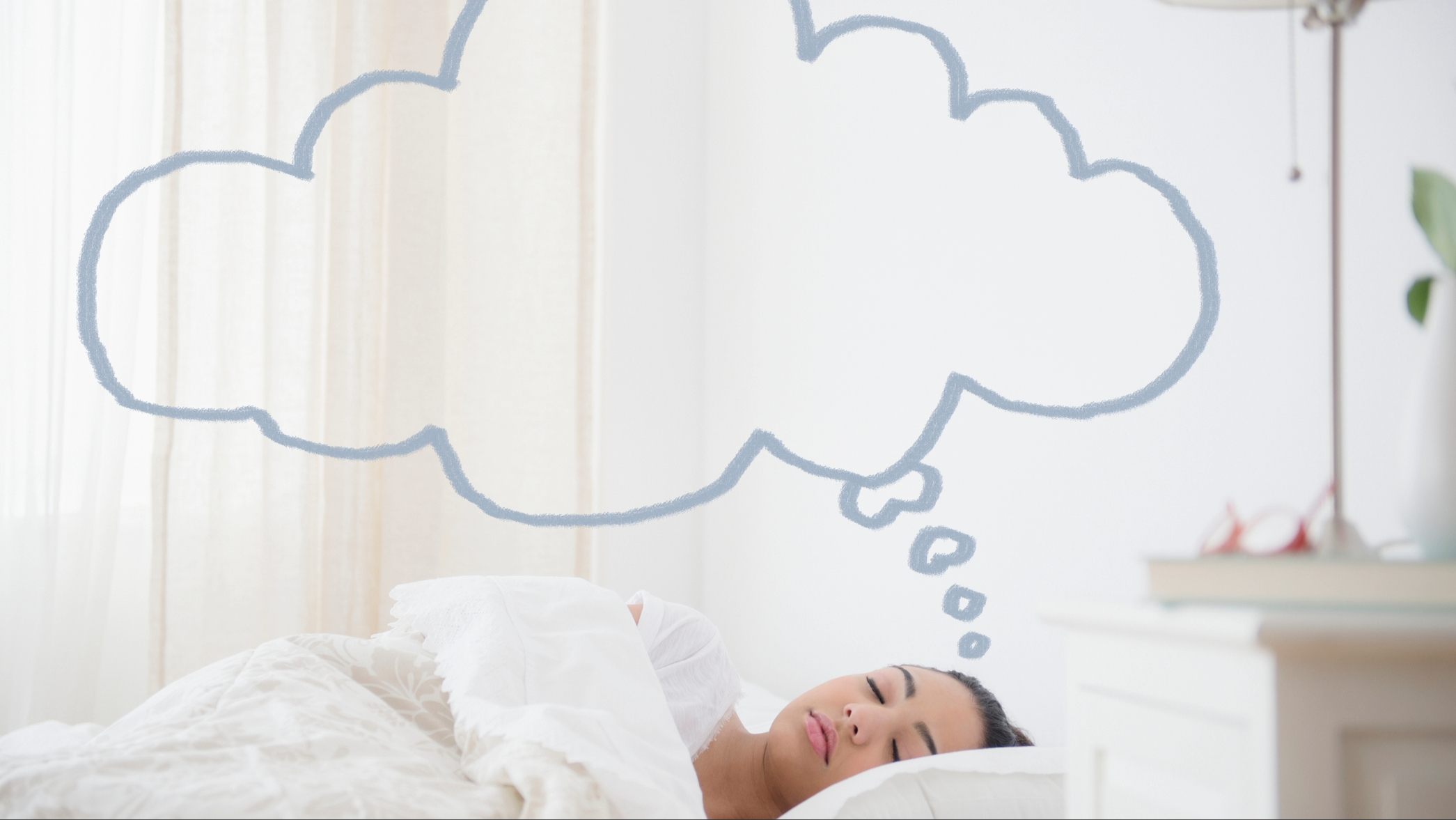
Sleep meditation
Research has shown that meditation can reduce stress and lower anxiety, reduce blood pressure and heart rate, and increase melatonin production.
A to the National Health Service (NHS) it can “help us to fall asleep faster, sleep longer and even deeper.” All reasons to consider a guided meditation on a Sunday night.
Sleep meditation addresses nighttime anxiety by helping to slow down intrusive thought patterns
Sleep meditation really just means types of meditation that you practice before bed. Breathing techniques are technically a form of sleep meditation, but there are many others, including visualization, mindfulness meditation, guided meditation and body scan meditation.
They’re particularly useful for tackling ‘Sunday Scaries’ because they can help reduce nighttime anxiety.
“Sleep meditation addresses nighttime anxiety by helping to slow down intrusive thought patterns, allowing the mind to disengage from the constant stream of worry that often surfaces at bedtime,” Dr. Kaylor explained previously.
“It also calms the physiological stress response, reducing heart rate and cortisol levels, which prepares the body for rest.”
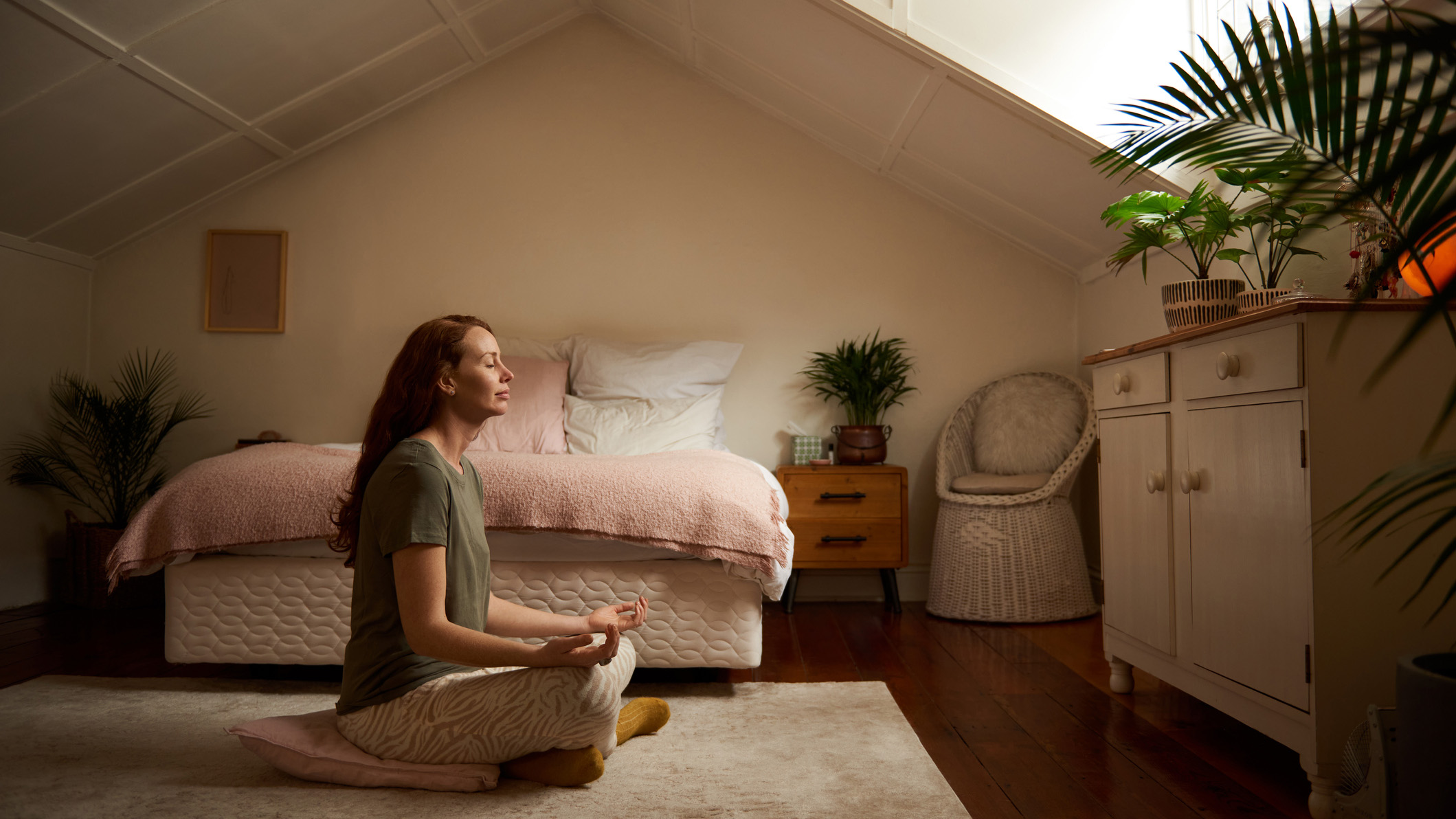
Source link

